THE DETAILS
Location // Kardamyli, Greece
Length of stay // About a week
Travel companions // Dad
Purpose of trip // Pick olives with a local family, relax
Location // Kardamyli, Greece
Length of stay // About a week
Travel companions // Dad
Purpose of trip // Pick olives with a local family, relax
.
Picking olives in the Mediterranean countryside was on my dad’s bucketlist for quite some time. Always up for an adventure, I agreed to join him on a week-long trip to Greece to discover firsthand how the olive industry operates. We met in Athens and stayed the night before driving down to Kardamyli on the Peloponnese.
.
.
Stepping into the warm November air with no coats while London was shivering in its wellies, we set out for a walk in Athens when we arrived. The streets of of the capital city were filled with riot police and their blue busses but no action to be found.
.
.
Instead, we wandered along the graffiti-filled streets and sat outdoors at a restaurant in the Plaka eating souvlaki while buskers tried to sell us light up toys and an elderly lady dressed in black attempted to convince us to buy a packet of tissues from her pocket.
.
.
To cap off dinner, we found an old gentleman with a stall down the road selling a hot orchid drink with cinnamon and nutmeg sprinkled on top. It had a jelly consistency and was pretty delicious.
.
.
We sipped and wandered, snapping photos of street art and stray dogs, watching kids breakdance on the steps of Syntagma Square and women sell coconut being watered in carts.
.
.
The next day, we set off on our journey down to Kardamyli, winding through tiny, picturesque one-street mountain towns, stopping for a herd of goats or sheep to ramble out of the way of the car, bells clanging around their necks.
.
.
We took a break to admire the Corinth Canal along the way.
.
.
While we were there, we met a tiny Greek woman selling good luck charms to tourists.
.
.
The views along the way were stunning – “a sight for the soul”, my dad said he read in a book about Kardamyli not so long before the trip.
.
.
The plants and flowers were beautiful as well.
.
.
They snaked up trellises and crawled along stone walls everywhere we went.
.
.
Elies was the name of the little place we rented – highly recommended. It was quite possibly the most serene and relaxing place I have ever slept.
.
.
We had a little house, two floors to ourselves. It was stood in the midst of olive trees, a 20 second walk across the road to the sea.
.
.
My dad’s bedroom and bathroom were on the ground floor along with a living and dining area and a small kitchen. He had a lovely front porch where we ate breakfast every morning in the company of a few cute cats who dug their claws into the trunks of the olive trees to stretch.
.
.
My room was on the top floor, a huge space with gigantic king-sized bed, my own bathroom and shower and personal balcony overlooking the sea and the mountains that surrounded us. In the morning, I sat out there with a book and my tea.
.
.
The neighbour’s donkey occasionally braying in the background and the constant washing up of waves on the shore were the only sounds. There were no cars. There were no people. There were no shops in the immediate vicinity. It was silent. It was peaceful. I remember thinking to myself, this is life, this appreciation of nature, this taking time for yourself, this working with the land, this listening to the ocean.
.
.
For the rest of the week we stayed there, taking short walks into the one-street town with one supermarket that closes on Sundays, with little taverns and plenty of outdoor seating, with people who say “kalimera” in the morning and smile at you with curiosity as they walk by or stop to practice their English and make conversation. We took a walk to an old set of ruins, watching a woman walk her mule up a hill loaded with olives and folded nets.
.
.
We had lunch one day on the edge of the sea – fresh fish and chips.
.
.
We occasionally drove into the mountains to purposely get lost and discover other little towns. There came a point when we were very, very high, driving on a dirt road that was only two inches wider than the car on the edge of a cliff with no guard rails and a piece of the road crumbling away. It was one of those moments you can only describe as a natural high – literally as well as emotionally.
.
.
The owner of Elies is called Stavros, a tall man with wide shoulders, very Greek features and the defining characteristic of dark bags under his eyes from long days at work. He not only owns the residences, but also a local restaurant and – the reason we were there – 700 olive trees scattered around the area which he turns into olive oil.
.
.
The first morning, after a cup of tea, we piled into the front of Stavros’s beat-up blue pick-up truck. He took us into the orchard where other families were picking from their own olive trees.
.
.
Olive trees can live for hundreds of years. Their trunks are gnarled beyond what you would think would be possible for a living tree. Sometimes parts of the tree die, but new growth takes over and the olives still load the branches.
.
.
Some olives are for eating after they are soaked in brine for a while. Others, like the ones we were working with, are for pressing into olive oil.
.
.
The men lay out green netting beneath the first six trees to catch the olives that fell to the ground.
.
.
While Stavros pruned and explained the process, he tossed branches down to my dad who whacked at them with what looked like a plastic yellow beach toy in the shape of a pitchfork.
.
.
This set the olives flying free.
.
.
Meanwhile, Nick was rummaging through the branches with this machine that resembles some sort of weed whacker on a long pole that twists and turns to knock the fruit loose.
.
.
When they were satisfied the trees were clear of olives, they gathered the nets so all of the fruit was in a big pile.
.
.
It was then dumped into a giant sieve type of machine.
.
.
Burlap sacks caught the olives that fell through and a wire grid held the leaves on top while the whole machine was shaken vigorously by one of the men.
.
.
When enough sacks were full, we stopped for some snacks – a crumbly salty cheese that wasn’t feta, fried dough, and tiny sweet bananas.
.
.
Next, the burlap sacks are tossed into the back of the truck and driven to the factory to be processed.
.
.
While we were in Greece, we had the privilege of being invited to visit three different factories, to stand inside as the workers went about their business.
.
.
The first factory was all new technology and very much a hands-off production.
.
.
It had modern machinery that allowed the oil to continue to flow.
.
.
We were allowed to taste it at some point in the process and it burned the back of my throat.
.
.
The others were two of few remaining old school presses. These were even more fascinating.
.
..
One even had a resident cat which the owner kept swinging in the air until the poor thing was dizzy. But it seemed to enjoy it nonetheless.
.
.
Using the old method, the olives are first weighed and cleaned, then they go into a very large vat where enormous concrete wheels rotate over them to crush them to a pulp – skin, pit and all.
.
.
It is brown-green and looks quite unappetizing.
..
.
When it is crushed finely enough, it is then placed between thick mats. In the first factory, the mat opened like a pillowcase and a worker ran a machine that deposited the appropriate amount of goo inside. It was then placed on a growing stack behind him.
.
.
A second option that makes this step a bit easier with a long, continuous mat that folds over on itself as the brown olive goop is deposited between the layers.
.
.
In both cases, the olive oil naturally starts to flow out of the pores in the mats at this stage.
.
.
The mats are then pressed incredibly hard in another machine until all the juice has run out. The waste is discarded.
.
.
At the end, it fills large containers that are sent off to be bottled and either sold locally or exported to people like us.
.
.
The whole process in the old mills seemed quite unsanitary (slippery floors, etc) though not quite enough to put me off of olive oil. It was mostly just fascinating.
.
.
One of my favourite parts of the trip was the sunsets.
.
.
They are gorgeous and I could see them perfectly from my balcony every night or walking along the sea. Orange, rippling clouds, red, pink, electric blue. And the stars. There are stars in the sky at night. Living in London, stars are a real treat. I sat out on my balcony in the warm night air, no street lights, only a reading light above my head, my eyes closed listening to the ocean, no pollution filling my lungs.
.
.
I remember a conversation I had with my dad. He asked me what time I eat lunch every day. I said, “Usually around 2:30 or 3 because then the rest of the day goes by faster.” (This was when I had a job I wasn’t too excited about. Now they go by way too fast no matter what time I eat lunch!) He looked at me and smiled and answered, “What do you want the days to go faster for? Life’s already going by too fast as it is.”
.
.
In London, you walk faster, talk faster, eat faster, think faster, get more impatient with wasted time and queues and waiting around. It’s difficult to be so calm and relaxed and getting away from it once in a while is a real treat.
.
.
Now, when I sit in one of my favourite restaurants like Iberica, dipping a piece of baguette in olive oil, I think about that trip to Greece, the process that puddle of oil went through and I remember to relax.
.
.

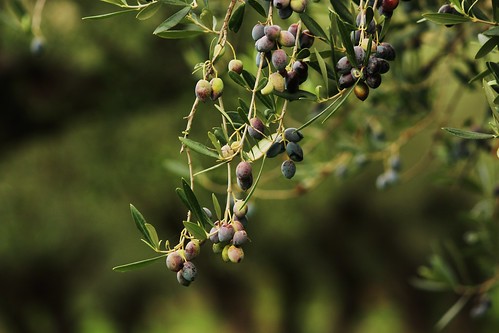
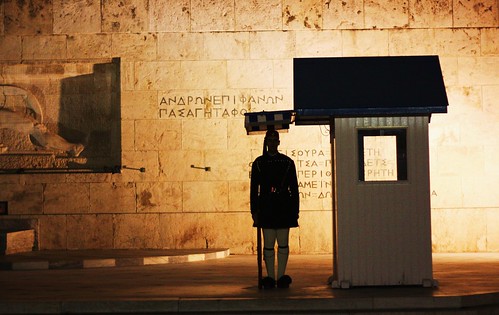
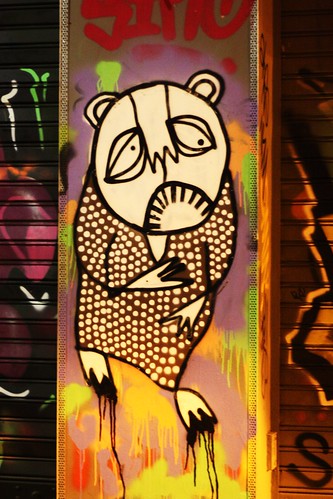
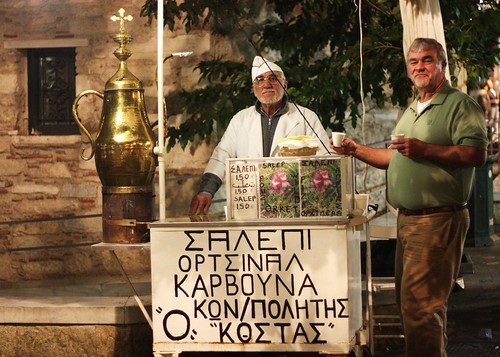
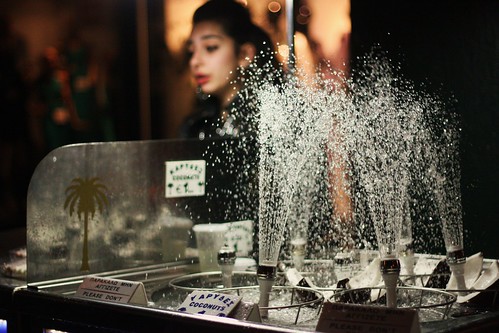
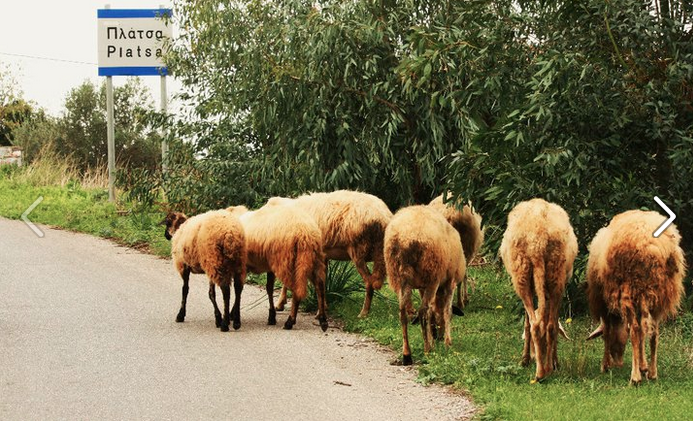
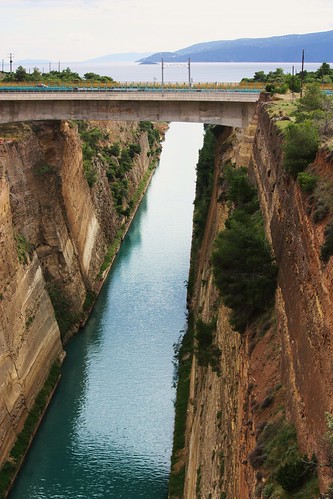
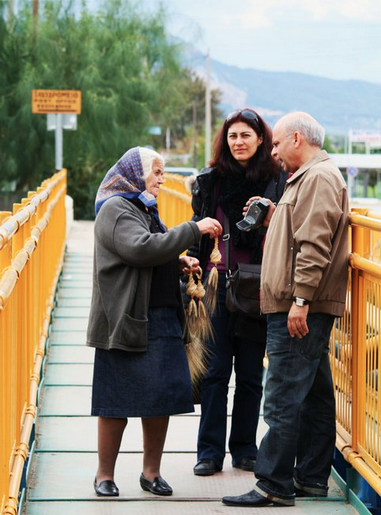
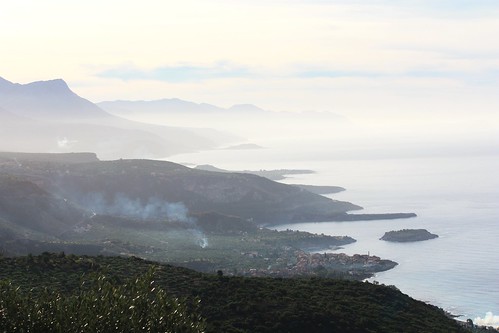
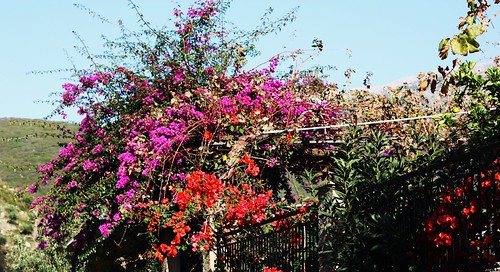
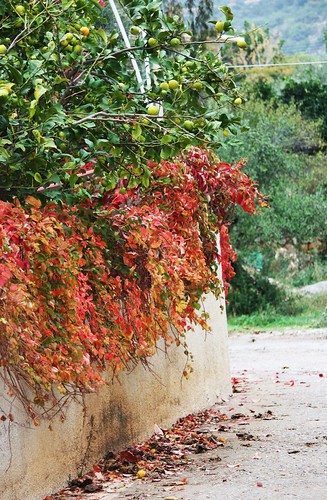
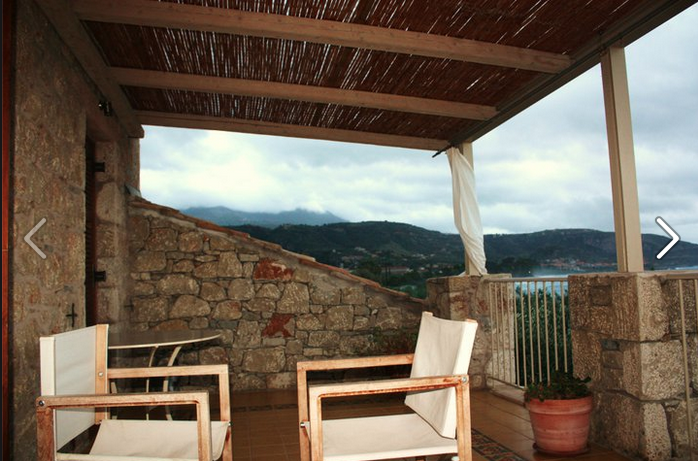
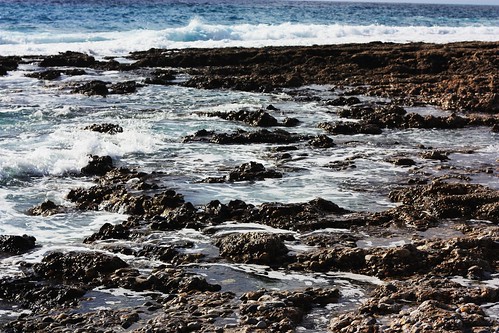
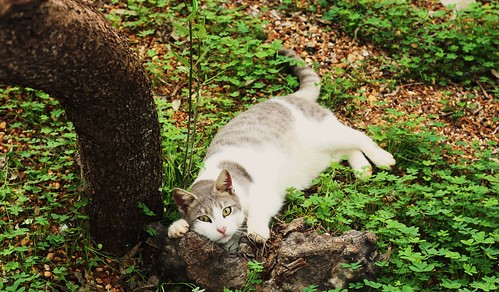
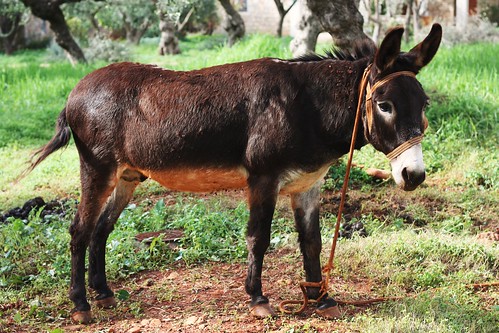
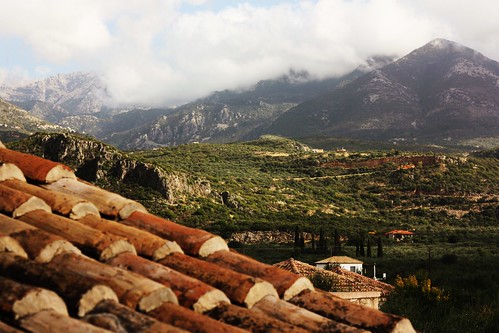
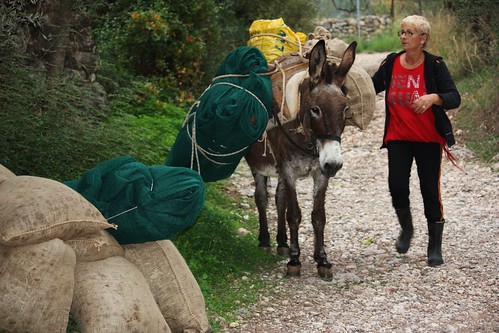
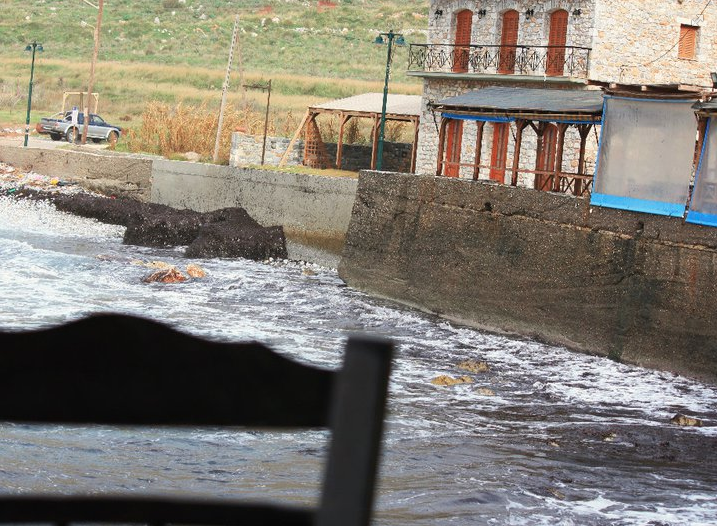
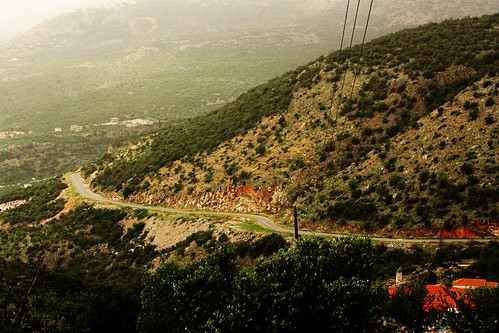
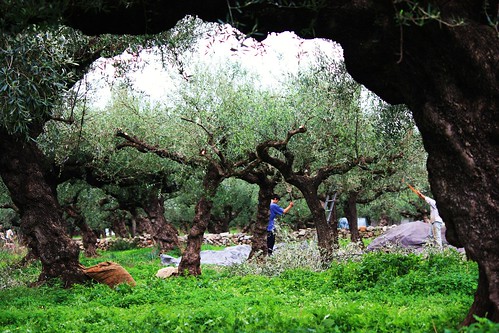
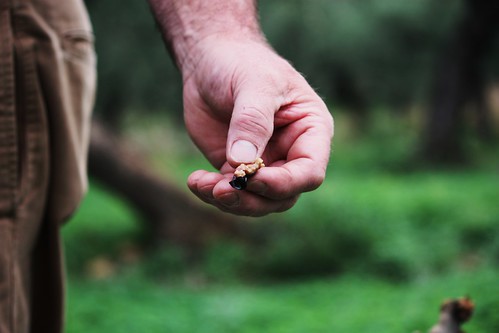
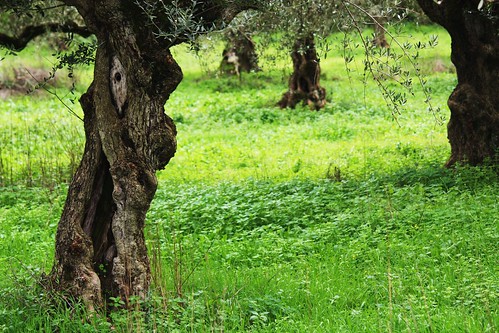
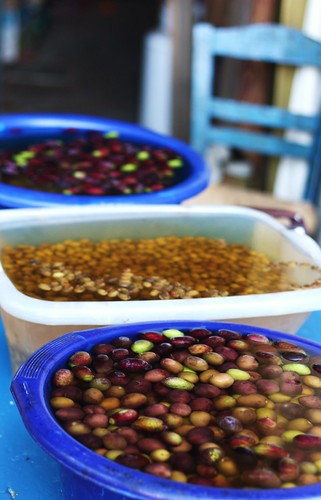
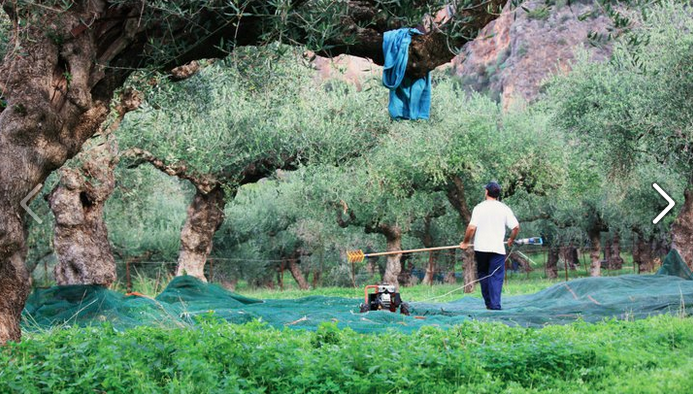
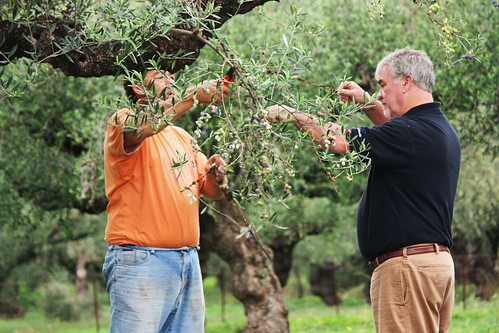
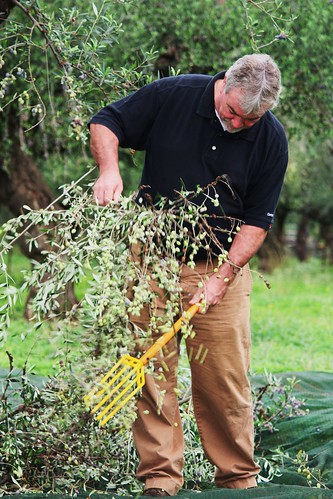
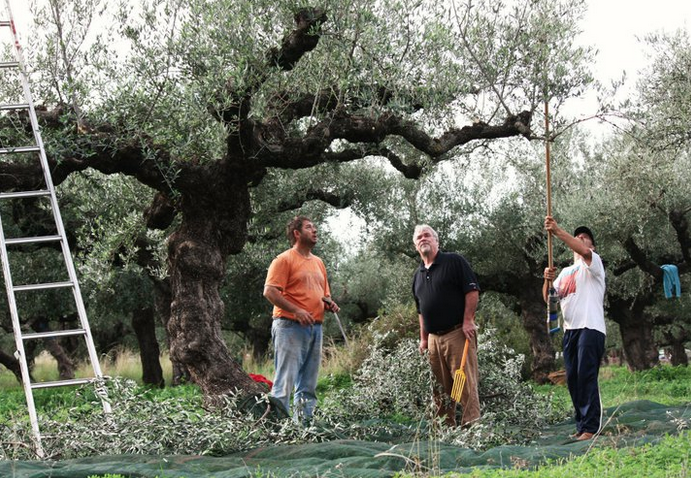
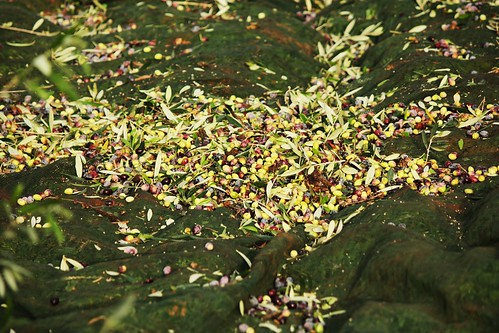
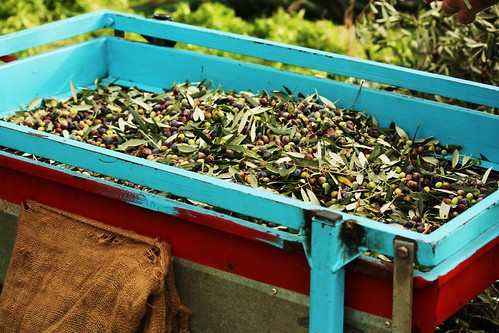
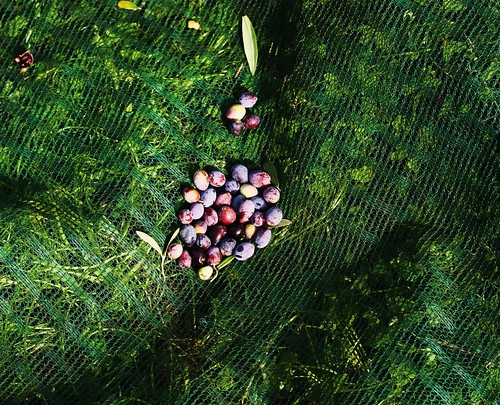
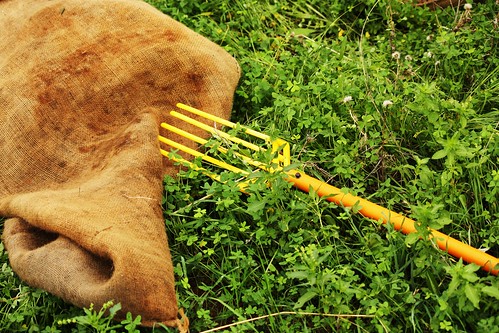
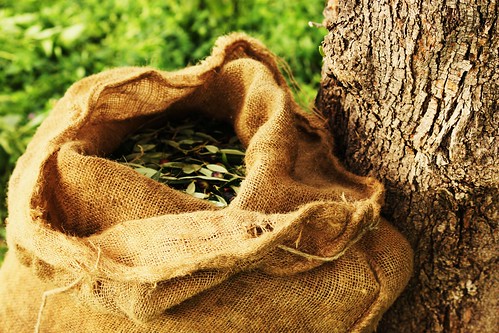
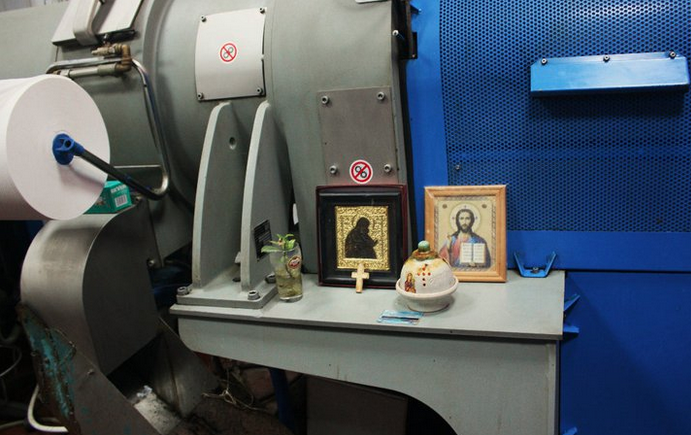
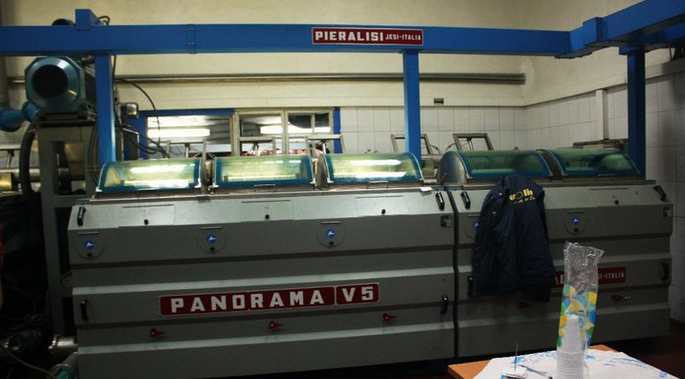
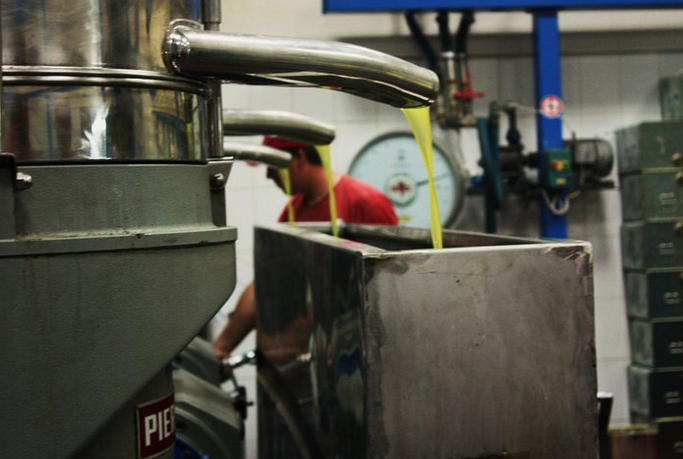
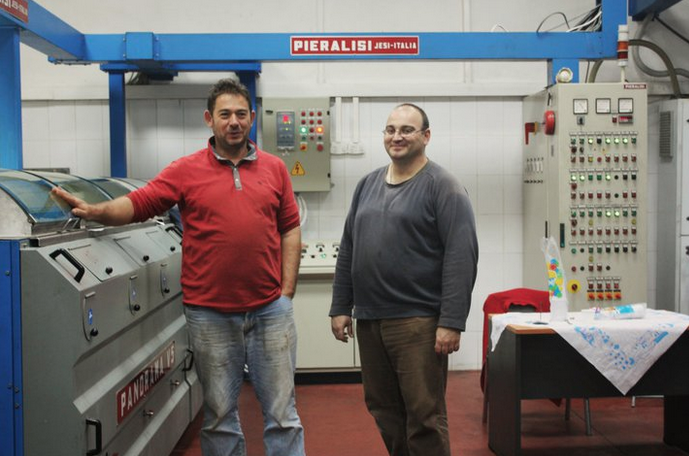
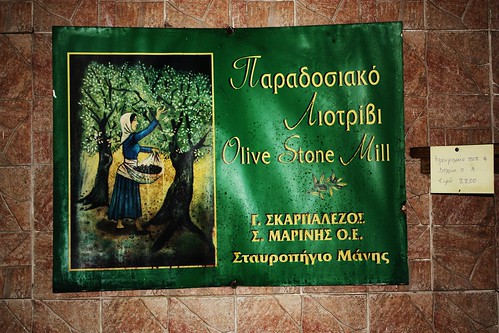
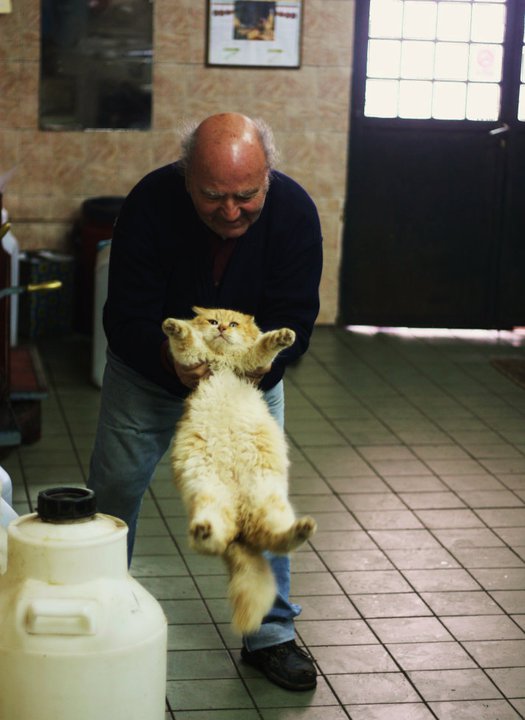
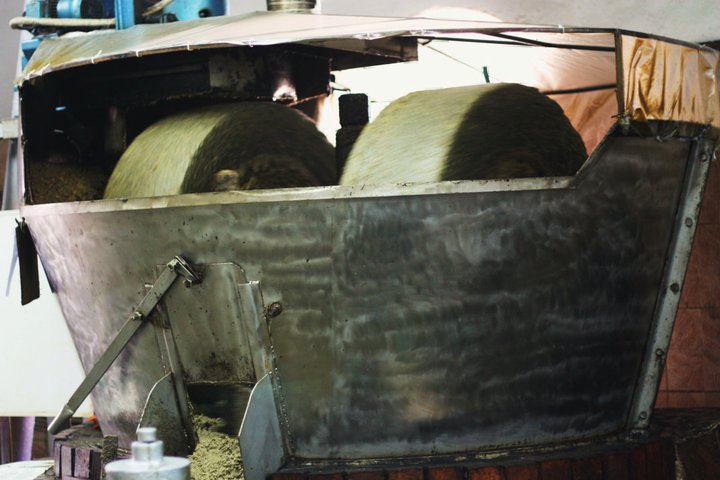
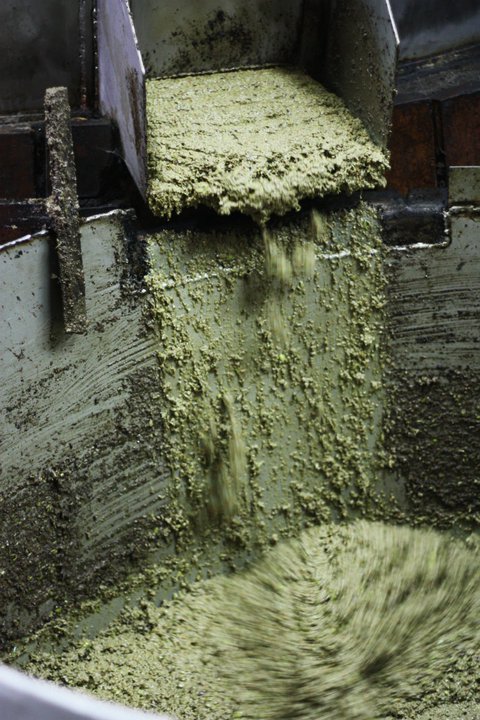
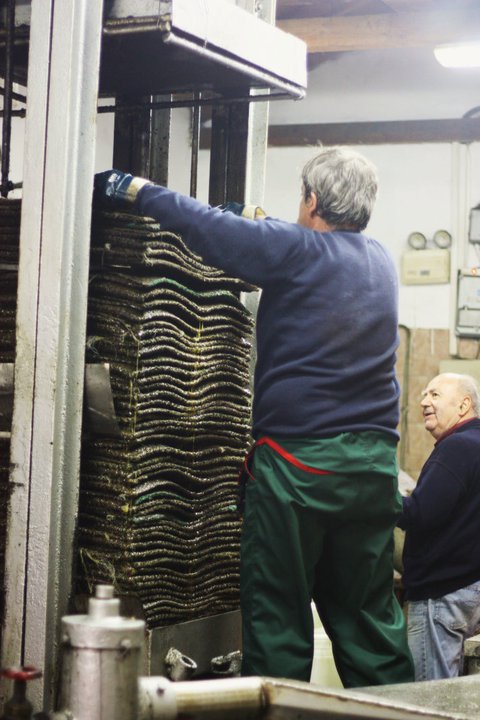
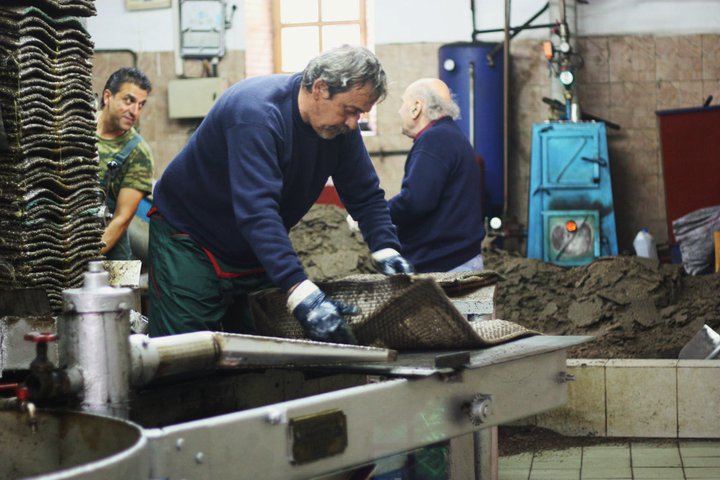
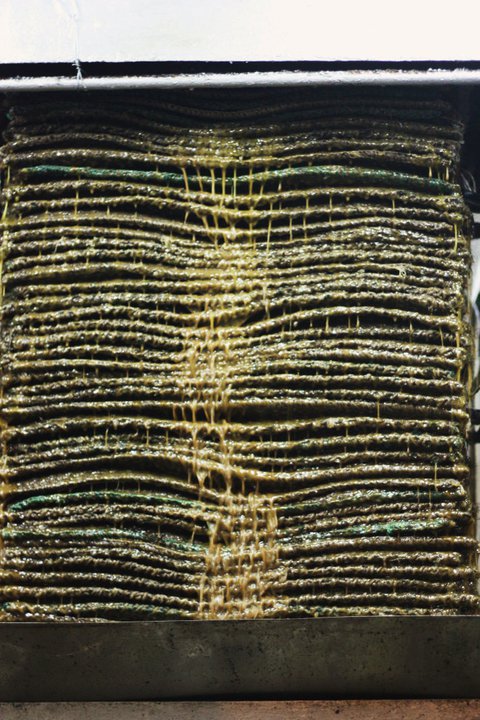
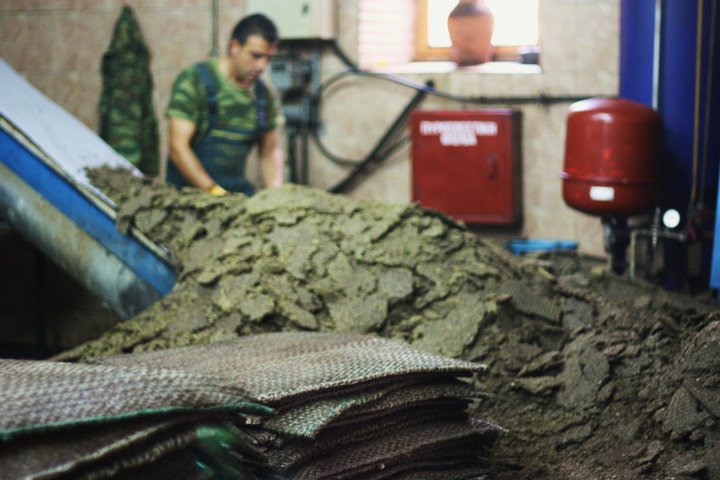
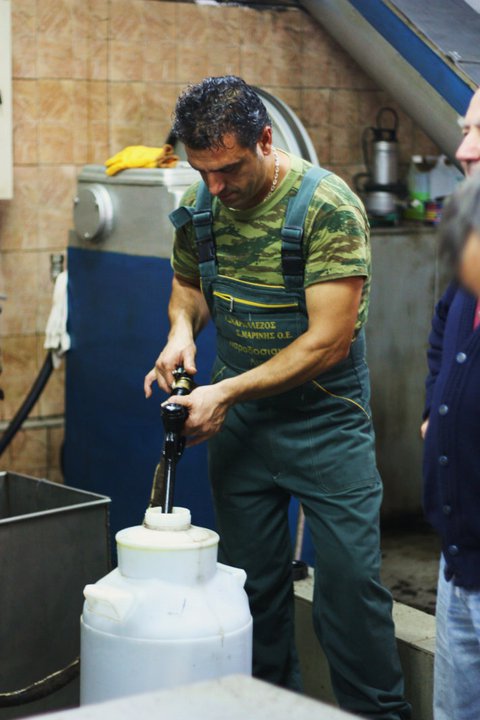
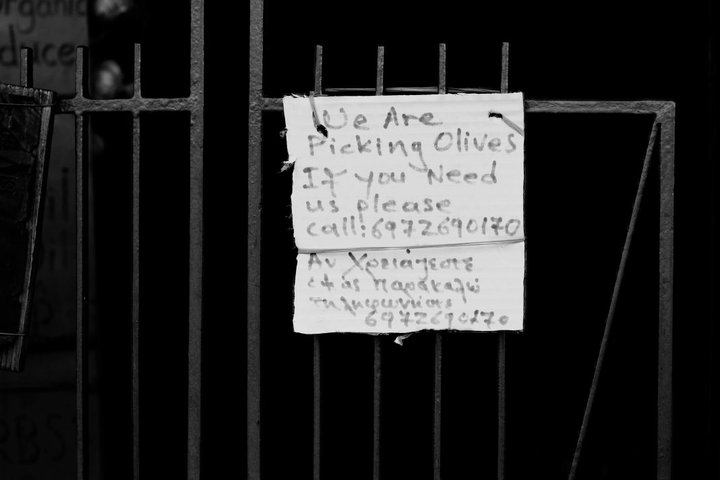
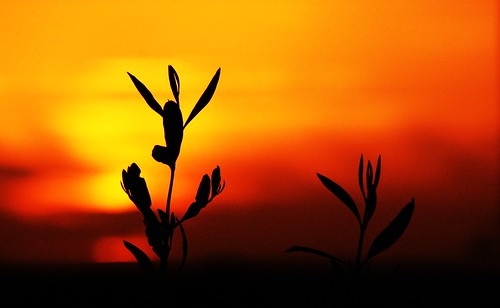
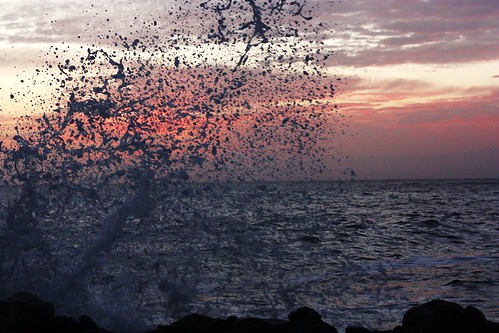
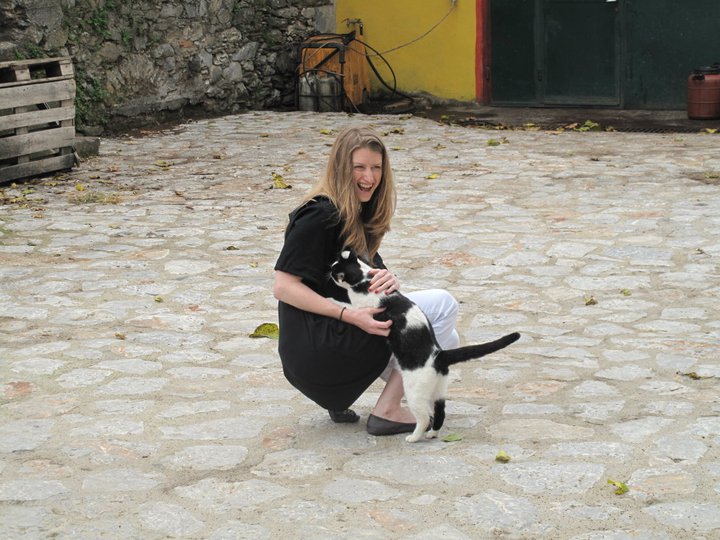
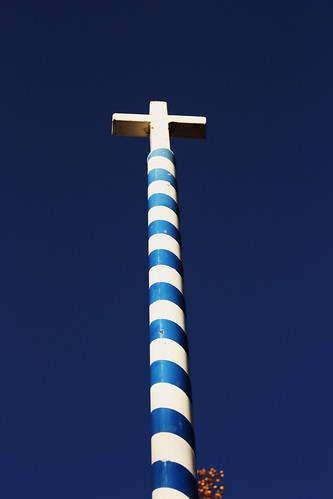
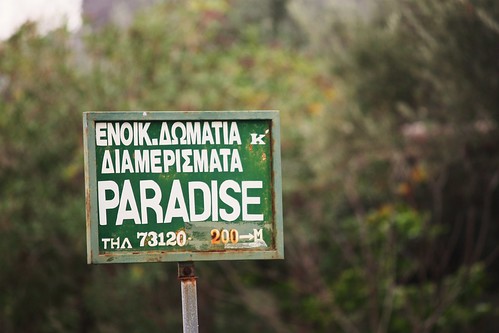
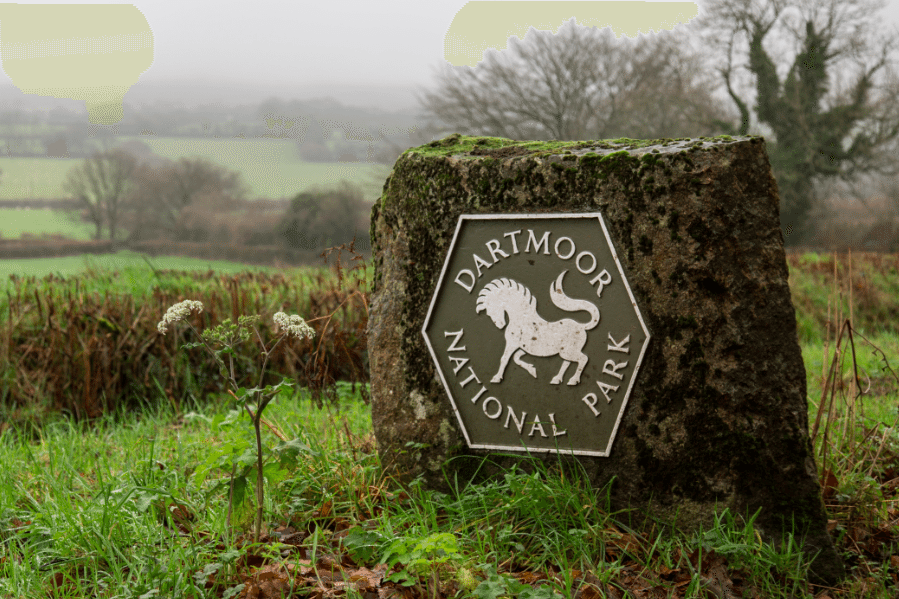
7 Comments
melissa blake
May 14, 2013 at 11:02 pmwow, that looks so cool…and i’m now craving olives!! 🙂
Little Observationist
May 15, 2013 at 9:12 pmYea, it was tons of fun. Hope to do it again one of these days!
A Taste of Spain in London: Tapas at Ibérica, Marylebone | Little London Observationist
June 11, 2013 at 8:42 am[…] started with a simple plate full of bread and olive oil for […]
Katie
April 4, 2014 at 5:25 pmWhat an amazing and gorgeous trip! So special that you were able to share it with your Dad.
littleobservationist
April 4, 2014 at 5:38 pmYes, that definitely made it extra special. Thanks for stopping by, Katie. Have a lovely weekend!
Marieken
April 6, 2014 at 4:52 pmLooks like a very fun trip, and your pictures look amazing. I’m not quite sure if the cat was having a good time too!
littleobservationist
April 6, 2014 at 5:01 pmHaha, yes, the cat seemed to be used to it. He lived in the mill and that was one of the owners playing with him. It was a ver unique experience to be able to see the whole process of the olive oil production with the guidance of a few locals. Definitely a fun trip!